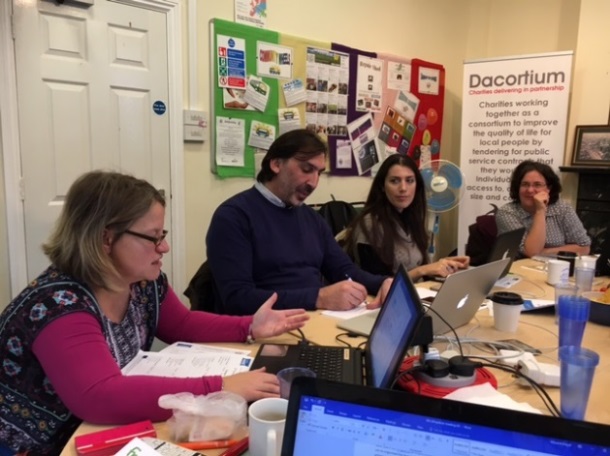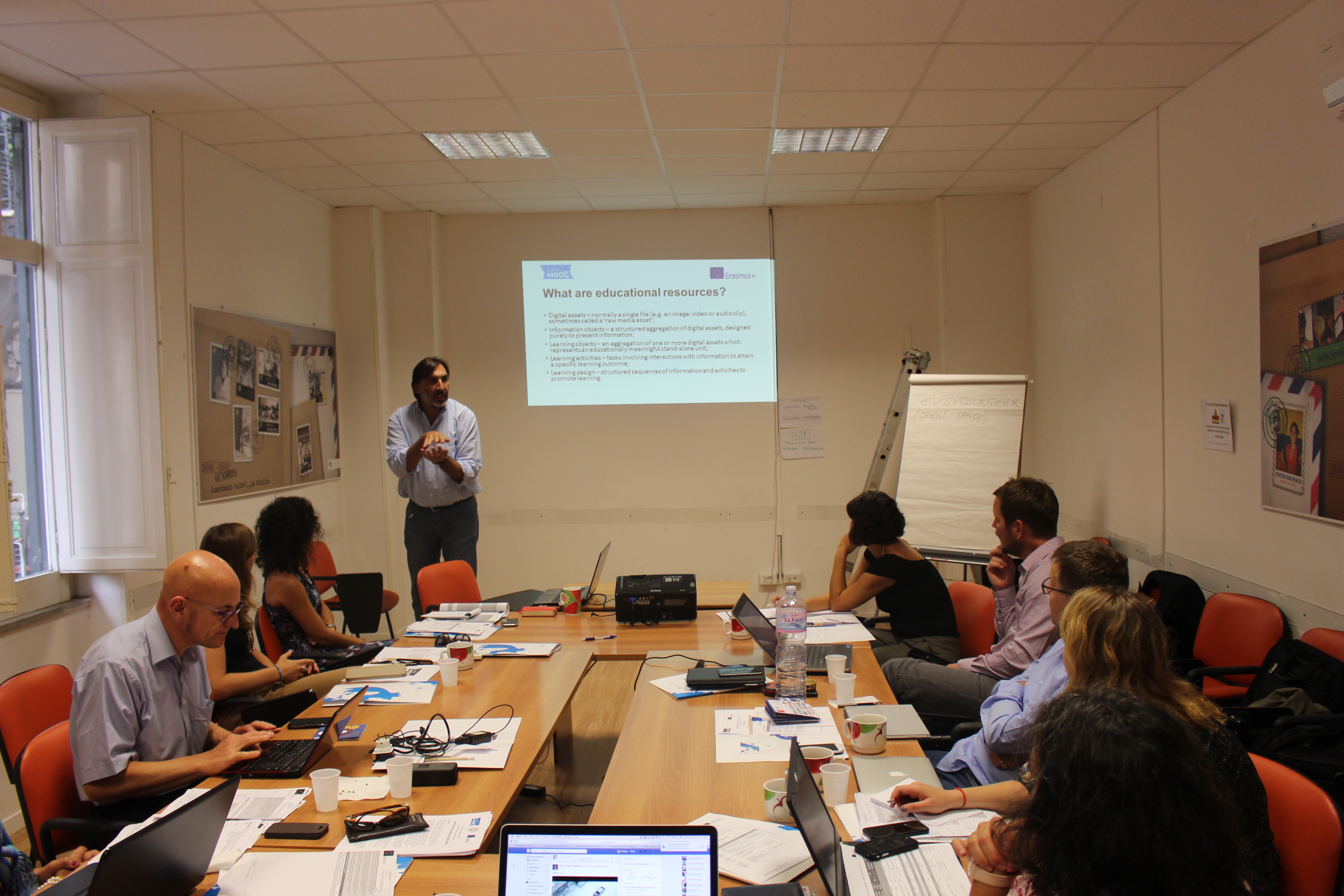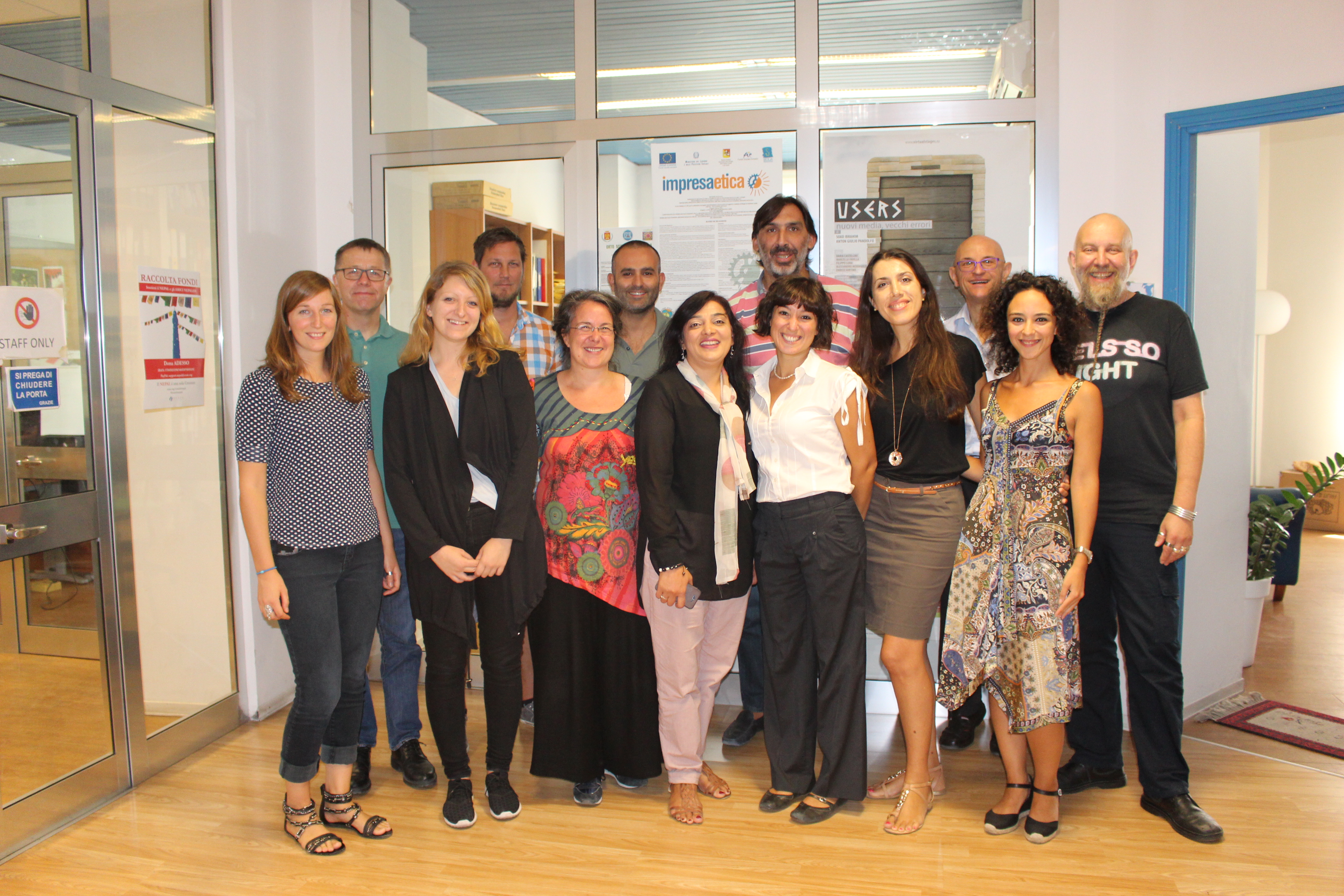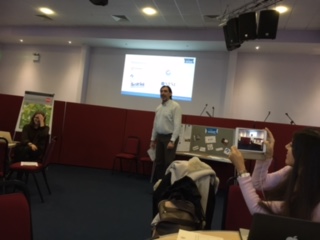Lang MOOCs
Language Massive Open Online Courses
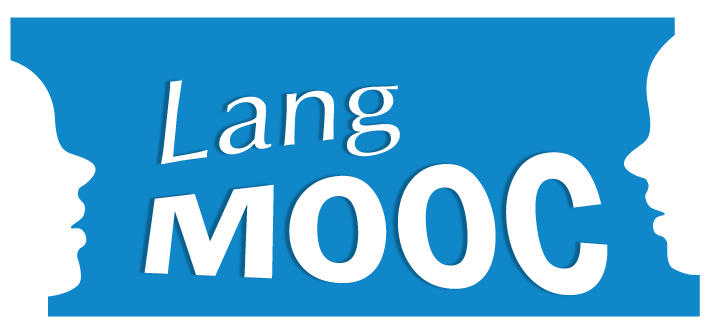
Project number: 2014-1-EL01-KA200-001542
Website of the project
Visit us on Facebook
Open Education Europa has just published a very interesting article about Lang MOOCs and the advantages of learning a foreign language. Read it here!
Objectives:
- To step up support for language learning and promote multilingualism through the implementation of Massive Open Online Courses (MOOCs) for language learning and the creation and promotion of language Open Educational Resources (OERs)
- To research the potential of MOOCs in language learning, fostering a strategic use of ICT
- To promote the use of MOOCs in non-academic institutions, connecting and supporting language teachers and education providers across the European Union
Activities:
- Research on the theory of online language learning and teaching practices
- Exploration, classification and evaluation of available MOOCs for language learning
- Development and finalization of guidelines containing the core course elements of a Massive Open Online and Interactive Language Learning Environment
- Development of language lessons in digital format in 5 languages (English, Greek, German, Norwegian, Italian)
- Planning and implementation of pilot language learning MOOCs in 5 partner country languages
Results:
- Research report on the pedagogical framework of MOOCs
- Report on available MOOCs for language learning
- Pilot MOOC for language learning
- Report on the pilot courses with recommendations for future improvement
- LangMOOC Toolkit
- Language Open Educational Resources in English, Greek, German, Norwegian and Italian language
Partners:
-Coordinator: Active Citizens Partnership (Greece)
-CESIE (Italy)
-Iberika education group gGmbH (Germany)
-Dacorum Council for Voluntary Service (United Kingdom)
-Norwegian University of Science and Technology (Norway)
Date of project: 28/12/2014 - 27/12/2016
DG of reference: DG EAC, National Agency (Greece), Erasmus+ KA2 Strategic Partnership for adult education
Contact: projects@iberika.de
What have the partners accomplished so far?
Photo from the Kick-off Meeting in Athens:
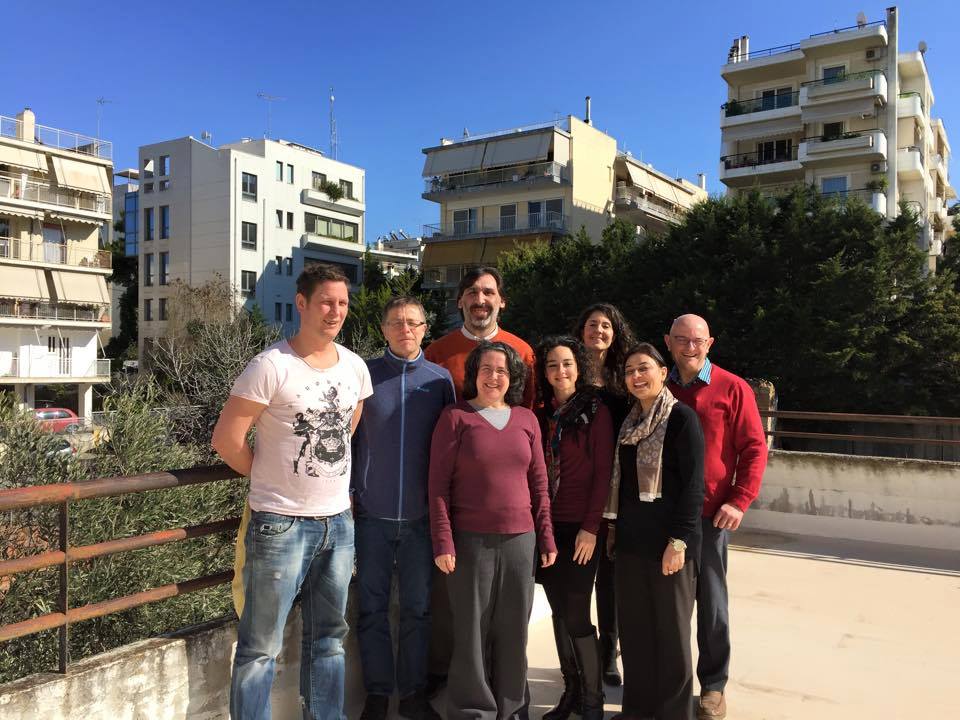
Research report on MOOCs pedagogical framework
The MOOCs pedagogical framework includes information about the history and types of MOOCs as well as the pedagogical approach. If you would like to read the complete report, please, visit the following link: http://www.langmooc.com/wp-content/uploads/2015/03/LangMOOCs-O1-A3-Research-report-FINAL-VERSION4.pdf.
Report of available language learning MOOCs
After the research phase partners developed a report of the available MOOCs for language learning. It focuses on separate MOOCs that are already being used for language learning.
LangMOOC Toolkit
Partners have also completed the LangMOOC Toolkit which is a complete guideline containing all the core course elements of a Massive Open Online and Interactive Language Learning Environment. It is the most essential output of the project to be used by organizations, trainers and institutions intending to organize a Language MOOC.
Second partner meeting
The second partner meeting of the project was held in Palermo, Italy, on 10th and 11th of September 2015. All partners had a very positive exchange of experiences and feedback on the work carried out so far, and a common understanding of the next steps to take.
OERs based on authentic materials
Partners have developed Open Educational Resources in English, Greek, Italian, German and Norwegian. Each organisation has prepared 6 lessons at A2 level for their language which cover the four main learning areas: speaking, writing, listening and reading. Afterwards the learning materials have been uploaded to a Moodle platform and each partner has conducted a pilot language MOOC in their country.
Third partner meeting
The third transnational meeting for this project was held on the 18th and 19th of February 2016 in Trondheim, Norway. Representatives of all partner organizations took part in the meeting which was hosted by the Norwegian University of Technology and Science. During two days all of the participants worked very hard in order to summarize what has been achieved within the project so far and determine their approach towards the development of the OERs and the implementation of the pilot language MOOCs.
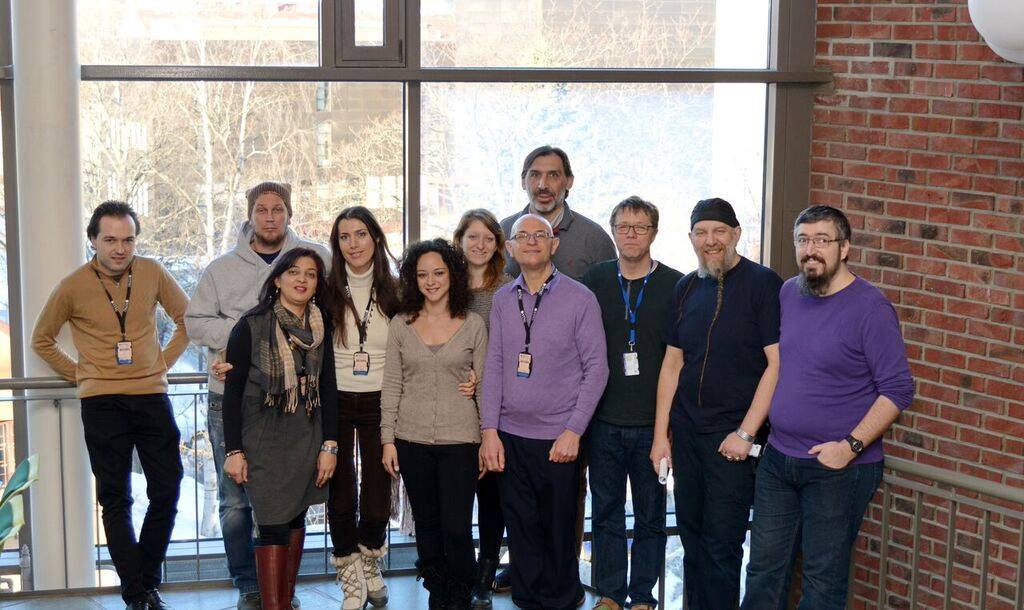
Pilot LangMOOC courses
Each partner created a pilot course for their language for the level A2(European level). The course’s aim was to improve the speaking, writing, listening and reading skills of the learners.
The pilot courses ran from 20th June- 5th of August 2016 but partners left the registration open even after that period in order to reach a high level of sustainability. Looking at the evaluation questionnaires that were completed by users in the courses, it can be concluded that the learning materials were interesting and useful for them and the technical design of the platform was of very high quality.
If you want to learn English, German, Greek, Norwegian or Italian for free and in an interactive way, then enroll into the courses here: https://study.langmooc.com/.
Fourth partner meeting
The fourth transnational meeting under the project was organised on 15th and 16th of September 2016 in Berlin, Germany. During the meeting all partners presented their national reports from the pilot courses and discussed with the representatives of the Norwegian University of Science and Technology the plan for the preparation of the common report from the piloting.
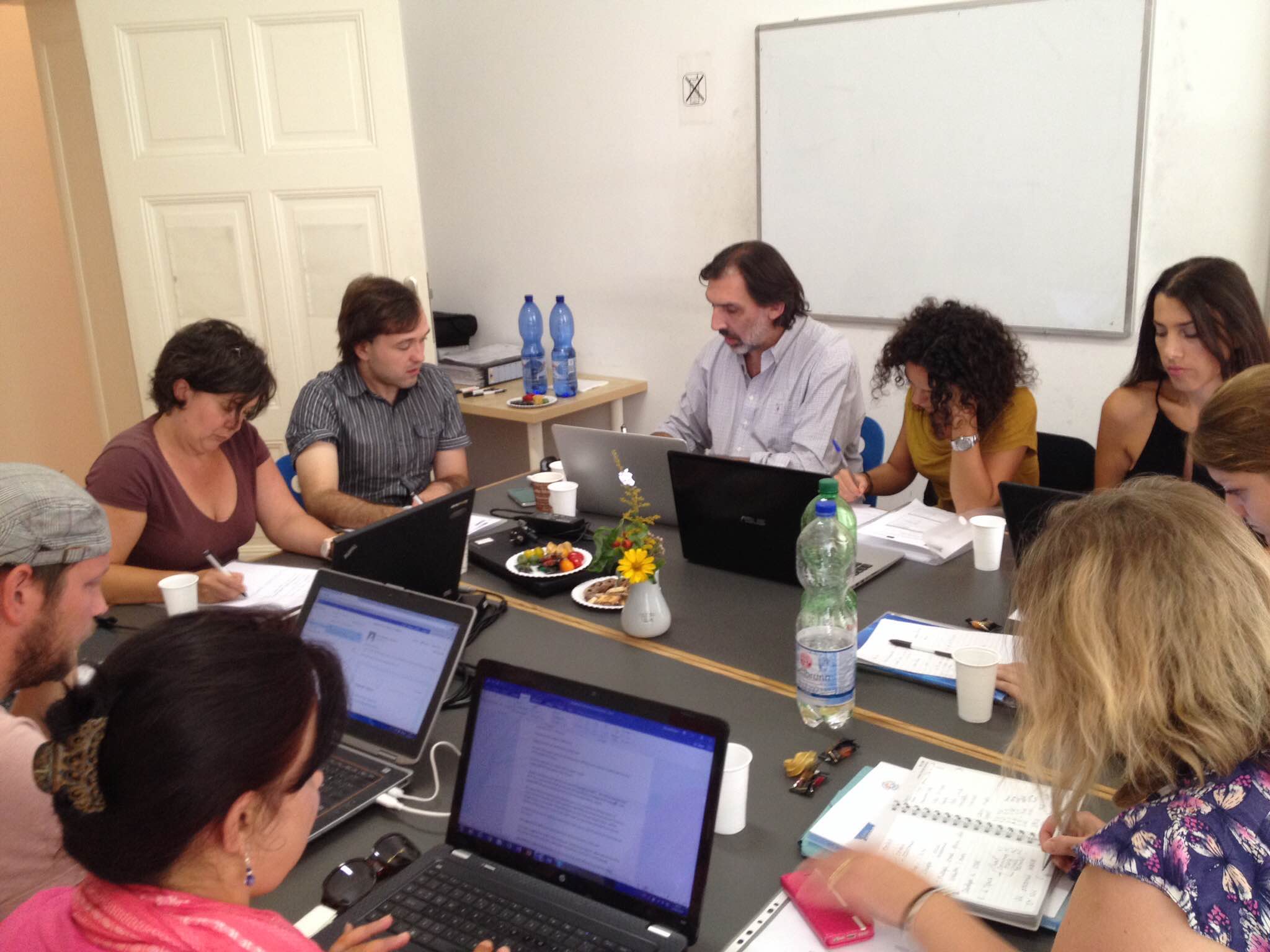
Final interactive version of the LangMOOC Toolkit
The final version of the most important project result, “the LangMOOC Toolkit” is already completed. It was completed in December 2016 and shortly afterwards Active Citizens Partnership developed an online interactive version of the Toolkit (https://www.langmooc.com/toolkit/). It represents a guideline for non-academic adult training institutions on how to organise and implement language MOOCs in the most effective way. Partners used the pilot courses in order to test different techniques and approaches and then described in the final version of the Toolkit what worked well and what needs further development so that language trainers and training institutions could benefit from it.
Final partner meeting and conference
The last transnational project meeting and the final conference took place respectively on 24th and 25th of November 2016 in Hemel Hempstead, United Kingdom.
During the meeting the final report on the pilots was presented to partners and they discussed the project financial report and future sustainability plans.
The participants in the final conference were introduced to the project and the Moodle platform which was used for the delivery of the pilot courses. The most important part of the event was the practical workshops during where the participants had the chance to work within the Moodle platform and created their own exercises, learnt about pedagogy and assessment.
